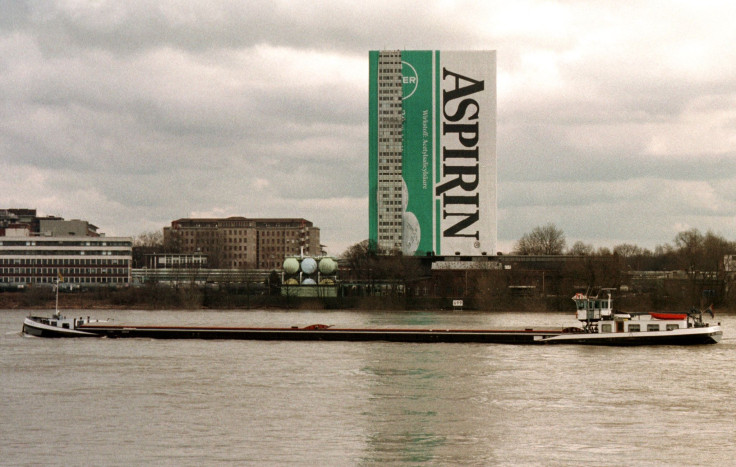Aspirin Use Prevents Cancer, But Only With Regular Use Of At Least Five Years

Aspirin, an inexpensive and commonly available drug used as a painkiller, can drastically reduce the likelihood of cancer and the deaths resulting from the disease, according to a paper published Tuesday in the Annals of Oncology.
“Accumulating evidence supports an effect of aspirin in reducing cancer incidence and mortality,” the report, which was compiled by scientists from the Centre for Cancer Prevention at Queen Mary University of London, said. “Prophylactic aspirin use for a minimum of 5 years at doses between 75 and 325 mg/day appears to have favourable benefit–harm profile; longer use is likely to have greater benefits.”
The researchers also stated that if everyone aged between 50 years and 64 years in Britain took a daily dose of aspirin for the next 10 years, nearly 130,000 deaths would be avoided over the next two decades because the “benefits (of aspirin) are sustained for several years after cessation in long-term users.”
The paper, which collated data from a number of recent systematic reviews, said that taking low doses of aspirin every day for 10 years could reduce risk of stomach and esophageal cancer by over 30 percent and mortality by over 35 percent. However, it added that long-term use of aspirin increased the risk of stomach bleeds among 60-year-olds to 3.6 percent from 2.2 percent.
“Without a doubt increased bleeding is the most important side-effect of aspirin...Haemorrhagic stroke, although rare, is the most serious and potentially fatal side-effect,” the paper said.
Jack Cuzick, the paper's lead author, reportedly said at a press conference that taking aspirin “looks to be the most important thing we can do to reduce cancer after stopping smoking and reducing obesity, and will probably be much easier to implement.” He also said that he had been taking aspirin daily for the last four years.
The exact mechanism through which aspirin provides protection against cancer remains unknown and, the paper added that further research is “needed to determine the optimum dose and duration of use.”
© Copyright IBTimes 2025. All rights reserved.






















